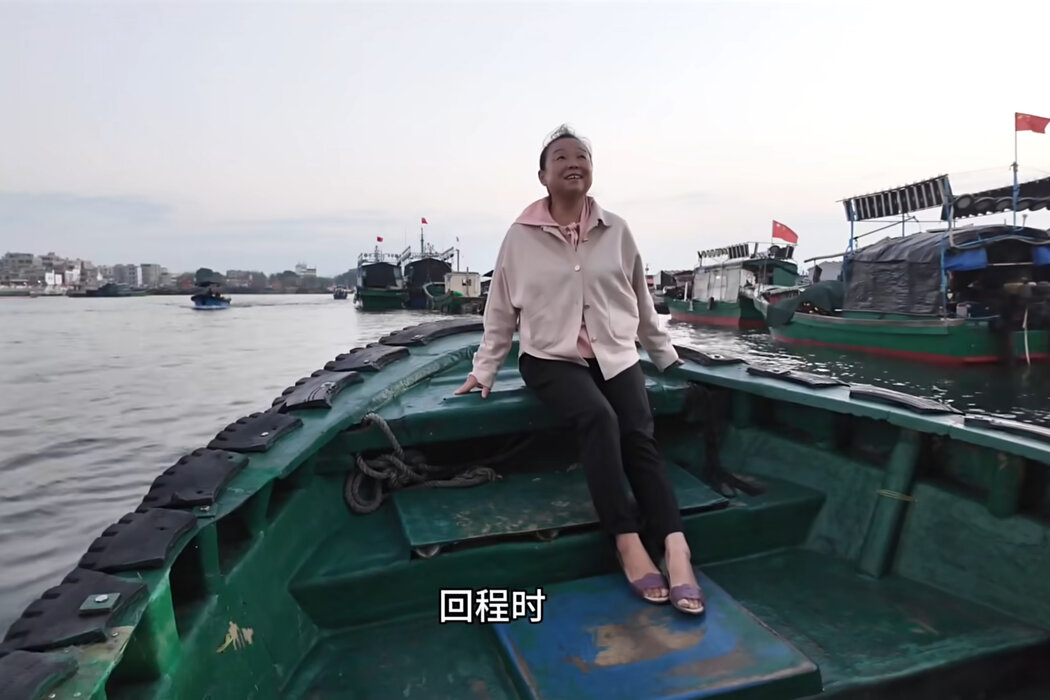蘇敏,一位60歲的中國女性,因四年前開始獨自駕車周遊中國,從一段充滿屈辱的婚姻中出走而聞名。她成為了一位網紅,被稱為「自駕游阿姨」。然而,她的旅程也凸顯了中國女性在自我實現中面臨的重重障礙。蘇敏在離婚問題上猶豫不決,擔心離婚會影響家庭。最終,她決心離婚,認為自由比金錢更重要。她與丈夫達成協議,以16萬元的分手費結束婚姻。蘇敏的故事說明了中國社會對女性的傳統觀念仍然根深蒂固,但同時也展現出女性對自我解放的追求。
Original Title: 「Freedom Is More Important」: Chinese ‘Road Trip Auntie’ Su Min Announces Divorce
Summary: Su Min, a 60-year-old Chinese woman, became a social media phenomenon after she started a solo road trip across China four years ago, leaving behind a humiliating marriage and the expectations of traditional gender roles. Known as “Road Trip Auntie,” she has become a symbol of female empowerment, having driven to Everest Base Camp, camped on the beaches of Hainan and even appeared in an advertisement about female empowerment. A movie based on her story is set to be released, starring a prominent Chinese actress. But Su Min’s quest for complete liberation was incomplete. She was hesitant to file for divorce, worried about the impact on her family. Now, she has officially begun divorce proceedings. She says her decision to divorce is a testament to how much she has learned about pursuing her own happiness and the confidence she has gained through her journey. But her experience trying to end her marriage also reveals the obstacles Chinese women still face in achieving self-fulfillment. Su Min’s husband initially refused a divorce, leading to a legal battle. Research shows that when couples cannot agree on divorce, judges frequently dismiss divorce applications or force couples into mediation that is unfavorable to women, and often ignore allegations of domestic violence. After Su Min agreed to pay her husband 160,000 yuan, he agreed to the divorce, Su Min said. “That’s all my money, how can I not feel sad?” Ms. Su Min said in an interview days after finalizing the divorce, her car parked near Guiyang, a city in southwestern China, where she had just visited a sculpture park nestled in green hills. Nonetheless, she said, “While money is important, I feel freedom is more important.” In September 2020, Su Min set out from her home in Zhengzhou, documenting her journey through video blogs. The videos showed not only verdant lakes and rolling hills, but also her explanation for why she was taking a solo road trip. The retired worker, who had a high school education, had finally decided to strike out on her own. She was tired of living for others, catering to her husband’s demands and carrying the burden of housework. For decades, she had believed that this was the way life was for women, but now she was determined to break free from it. To her surprise, her videos went viral. Women across the country said they saw themselves or their mothers in her story, cheering her on as she reshaped her life. But even as Su Min became an unlikely symbol of female awakening, she had expressed reluctance to divorce. She worried that if she left her husband, the responsibility of caring for him would fall to her daughter. Divorce was still seen as a disgrace in the eyes of the older generation, and Su Min’s mother opposed it. But Su Min gradually began to reconsider. She said her husband, after discovering that she was making money through her video blog, began demanding money from her, and she worried that this situation would continue if she did not break free. Her daughter urged Su Min to put herself first, telling her, “You have done so much for our family.” “Every time I think about it, I want to cry,” Su Min said. Still, deciding to divorce was only the first step. Chinese law recognizes the existence of domestic violence as grounds for unilateral divorce, and Su Min tried to use this as a reason to divorce. She filmed a video of herself arguing with her husband, where he acknowledged he had hit her in the past (he also demanded 500,000 yuan for agreeing to the divorce). But a lawyer told Su Min she needed more evidence, such as hospital records. Even with sufficient evidence, judges are rarely willing to rule that domestic violence has occurred, said Ke Li, a professor at the City University of New York who studies divorce in China. “The court is still trying to protect the integrity of marriage, rather than women’s rights,” Ms. Li said, because the government views marriage as the foundation of social stability. If Su Min could not rely on the court to grant her a divorce on the grounds of domestic violence, she wanted to avoid court altogether, as the judge would likely rule that she had to split all her property with her husband, including ownership of her social media account. That would mean sharing the platform that had given her the confidence to leave in the first place. Su Min refused. “It’s not just me who is saving myself, but also the fans in this account who have accompanied and encouraged me all the way,” she said in a video announcing her divorce plan. “It’s the proudest thing I have ever done. I cannot give it to him.” After negotiations, Su Min’s husband agreed to a divorce with a 160,000 yuan payout, without going to court. This month, Su Min finalized the divorce papers at her home in Zhengzhou. She is already planning her next destination. She has never been abroad and is eager to see Switzerland and Paris. “As long as I can get the paperwork done, I can go anytime.”
Original article: https://cn.nytimes.com/china/20240822/china-road-trip-auntie-divorce/zh-hant/?utm_source=RSS

